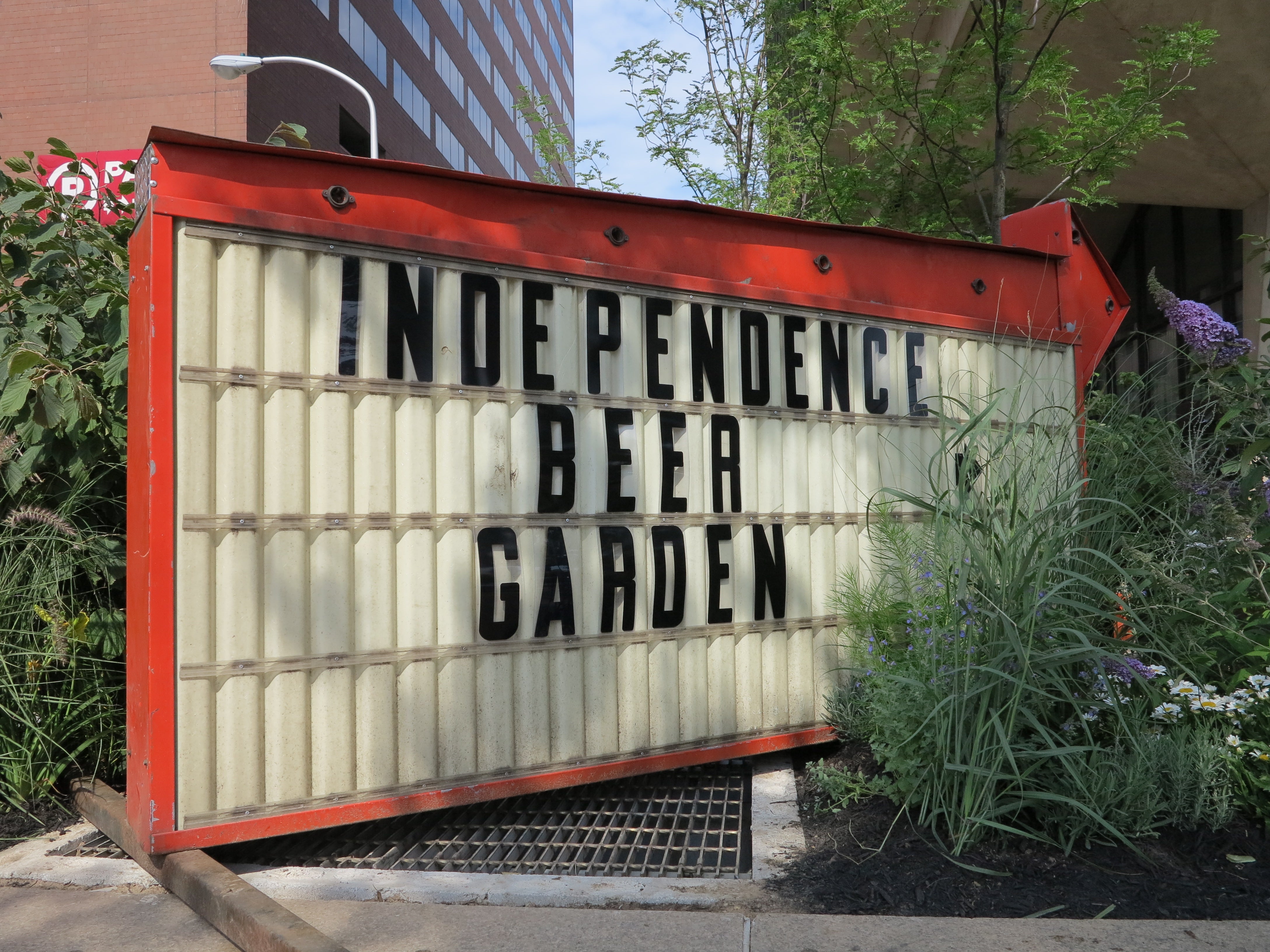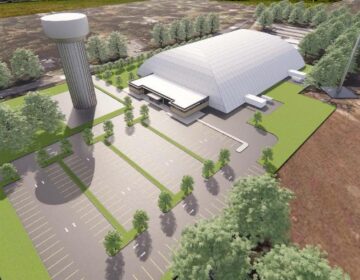The Prohibition-era policy driving the political scuffle over pop-up beer gardens

A quartet of state lawmakers are pushing back on Philly’s pop-up gardens, taking issue with something called an off-premise catering permit that allows vendors to “cater” alcohol sales at these pop-up gardens for months at a time.
To understand why this is even a political issue, you have to understand what the county quota system is.
Pennsylvania’s monopoly on wine and liquor gets most of the attention, but our most consequential Prohibition-era liquor policy may be county quota.
In PA, not every business can have a liquor license. There are a limited number of “R” licenses, which allow a bar or restaurant to sell poured alcohol and six-packs to go. Beer distributors get a different license which only lets them sell cases and kegs of beer. And of course the state stores sell wine and liquor.
The state caps R licenses at 1 license per 3,000 people per county, and the number of licenses in Philadelphia has actually been declining as the population has grown, as many have been taken out of circulation due to liens and violations.
The combination of a growing population and increasing scarcity of licenses has more than doubled their prices over the last decade. Michael Klein reported last February that R licenses have been selling for around $85,000, up from about $35,000 in 2002.
In Philadelphia, prices for a license hovered between $15,000 and $18,000 in the 1970s and early 1980s. They rose, to $28,000, in the early 1990s, and reached $35,000 in 2002 before making a steady climb over the last decade.
The LCB counts about 1,440 active restaurant/bar licenses in Philadelphia County, down from 1,543 in 2011 and 2,112 in 1997. Some of these so-called R licenses are in safekeeping – perhaps awaiting a sale – but others have been withdrawn permanently because of liens and violations incurred by their owners
Just as reducing the number of liquor licenses helped increase their value, printing more liquor licenses would reduce their value, and increase competition in the bar and restaurant industry. The higher the liquor license prices go, the more expensive it is to open a new bar or full-service restaurant, reducing the number of new entrants, and skewing the market toward higher-end bars and restaurants that can afford to finance a liquor license.
Philadelphia’s population density means we still have a pretty competitive bar and restaurant market, at least in Center City. In the lower-density suburbs, liquor licenses can go for closer to $200,000.
But compared to Washington, DC, where Klein says liquor licenses sell for $9,000-11,000, Philadelphia’s $85,000 liquor licenses still look like a fairly high barrier to entry into the bar and restaurant business.
That’s what makes the pop-up beer gardens so innovative – a restaurant with a liquor license can obtain an off-site catering permit for $500 to extend that license to another location, and cater one of these temporary outdoor bars for a few months in the summer and fall. The legality of a single permit holder serving the same beer garden for months at a time is what state lawmakers are contesting in the letter below.
It’s easy to see why someone who paid $85,000 for a liquor license in the neighborhood might not like that a competitor could open a new low-overhead bar across the street for only a $500 permit. But organizations like the South Street West Business Association and other supporters have argued that the pop-up gardens are often just one stop for groups of people on a weekend night out, and that pop-ups are driving business to nearby bars and restaurants.
SSWBA is in the process of surveying businesses in the area on the economic impact of the pop-ups.
WHYY is your source for fact-based, in-depth journalism and information. As a nonprofit organization, we rely on financial support from readers like you. Please give today.






